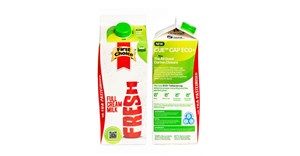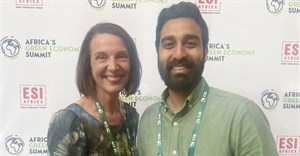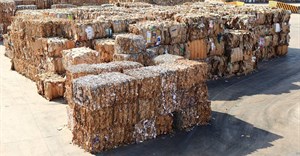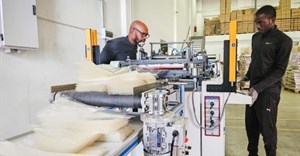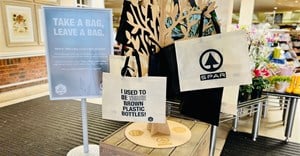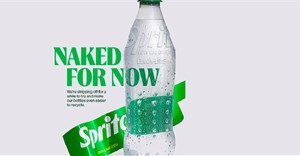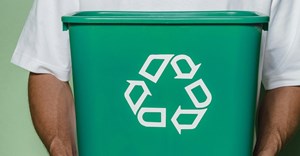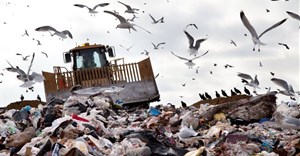New campaign promotes recycling of food and beverage cartons
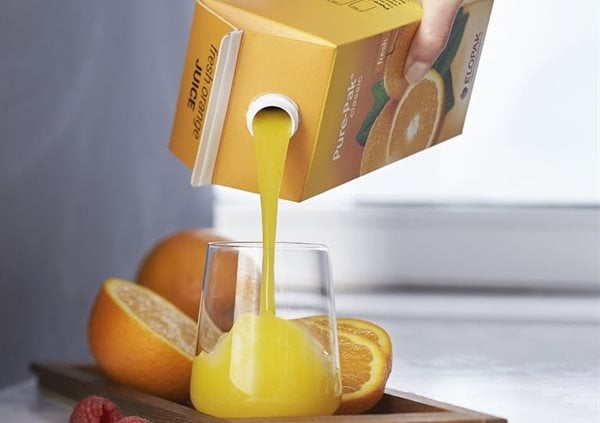
This initiative forms part of the Super Cartons campaign, being run in partnership with Nampak Liquid Cartons, SIG Combibloc and Tetra Pak South Africa.
Raising recycling awareness
“While 68.4% of paper is recovered for recycling in South Africa, food and beverage cartons make up a small portion of this,” says Francois Marais, manager of Fibre Circle. “We want to raise awareness among South African consumers that cartons – in all shapes and sizes – can and are being recycled in the country.”
These cartons are used to package liquids such as milk, mahewu/mageu, juice, wine and custard, and in some cases, dry foods such as cereals, sugar, rice, bird seed and pet food.
They can have up to five layers, which are formed on a multi-ply machine, and are composed mainly of sustainably sourced, bleached or unbleached chemical pulp, also known as paperboard. The remaining layers are made up of polyethylene and for long shelf-life products, a foil layer is added.
However, once the carton has been used, it can be recycled. The cartons go through a pulping process, where the paperboard reduces into a pulp and separates from the other layers. The pulp is then used to make new paper-based products and the plastic or plastic-and-foil (polyalu) components can be extruded or injection-moulded into plastic-like products.
“Paper fibre is made into packaging paper, bags and cardboard boxes,” says Marais, “while the plastic and foil can be used for composite materials such as planks, pallets, furniture, desks, and even roof tiles.” Even the plastic caps can be repurposed, he adds: they’re used to make many other plastic products.
Campaign roll-out
The Super Cartons campaign is also being rolled out to consumers via three endearing characters – Captain Infinity, Dr Renewable and Super Transformer. There is an in-store roll-out at 40 Checkers stores, 10 Checkers Hypers, 24 Pick n Pays and 25 Spars in Gauteng, using ‘shelf eye catcher’ and product showcases encouraging consumers to enter the online competition for cash prizes.

The campaign will be amplified with a digital marketing component via the Facebook page of the Paper Manufacturers Association of South Africa (Pamsa), a close ally of Fibre Circle.
The thrust of the campaign is to raise awareness among South African consumers that when they recycle cartons, they unlock their true value. The superhero theme personifies this value as a superpower.
Call to industry to extend reach and responsibility
However, consumer education campaigns like this one will not drive a significant increase in beverage carton recycling on their own, which is why Fibre Circle is calling on brand owners and retailers of beverage cartons to join in making their customers and networks aware of these cartons’ recyclability on an ongoing basis.
“Fibre Circle has been established and mandated by the majority of South African paper manufacturers and importers as the recognised PRO for the paper and paper packaging industry, which means we are here to drive extended producer responsibility (EPR) programmes on the industry’s behalf,” says Marais.
“EPR will become mandatory as of 5 May 2021, however, a number of industry players have been contributing financially on a voluntary basis as part of their sustainability commitments to ensuring that the end-of-life of their products is taken care of.”
This means businesses will soon be obligated to reduce the environmental impact of their products and packaging – not just in their production processes, but once they’re in the hands of consumers, and beyond. In other words, packaging manufacturers and brand owners will ultimately have to take responsibility for the end-of-life management of their used products.
“That’s why it’s vital to start putting these campaigns in place now and work together to educate consumers on responsible use of packaging,” says Marais. “And that requires the co-operation of the vital link in the chain between packaging manufacturers and consumers – the beverage and food producers. Adding prominent recycling information to their packaging will go a long way towards assisting national efforts to recover and recycle as much paper as possible.”
Good recycling practices go beyond reducing the quantity of paper or other recyclables going to landfill – they can also contribute to economic growth and job creation, and reduce social and environmental costs. This, in turn, has a positive impact on the circular economy: where waste items are reused or recycled into something new. It ensures those items continue to contribute valuably to society rather than being abandoned to the landfills, where they become useless or pollute rivers and oceans.
Marais says South Africans recycle about 1.2 million tonnes of paper per year (Pamsa, 2020), which equates to about 219 soccer pitches’ worth of paper that doesn’t end up in the landfills, and instead is recycled into a variety of paper and packaging products. “Imagine if we could add beverage cartons to that number.”











